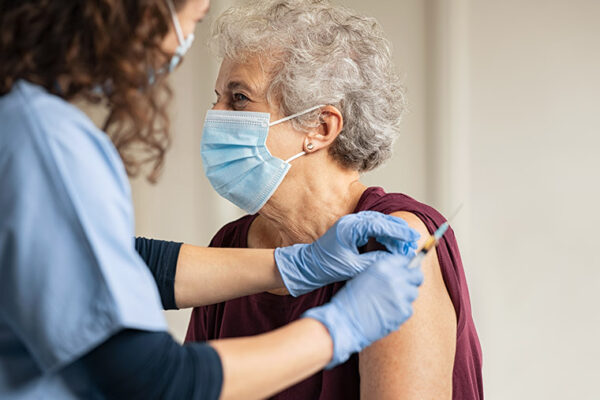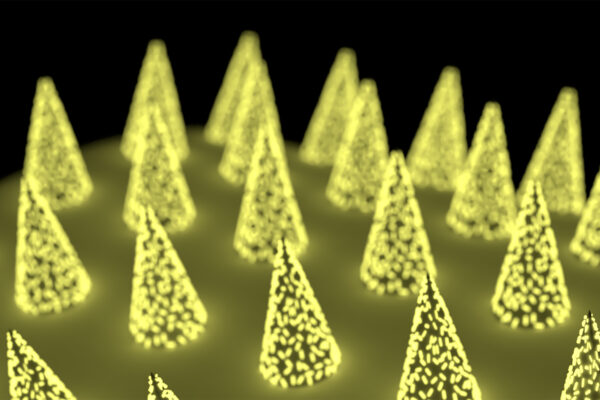The intricate spiral of most snail shells goes in one direction, known as handedness, or chirality. Biological molecules can be right- or left-handed, which affects how they interact with each other and their immediate environment.

Jai Rudra, assistant professor of biomedical engineering at the McKelvey School of Engineering at Washington University in St. Louis, plans to study this naturally occurring phenomenon using engineered nanomaterials to determine how they interact with immune cells to ultimately help design and develop safer synthetic nanomaterial vaccines.
He will study chirality in nanomaterials with a five-year $639,361 CAREER Award from the National Science Foundation.
CAREER Awards support junior faculty who model the role of teacher-scholar through outstanding research, excellence in education and the integration of education and research within the context of their organization’s mission.
Read more on the engineering website.


